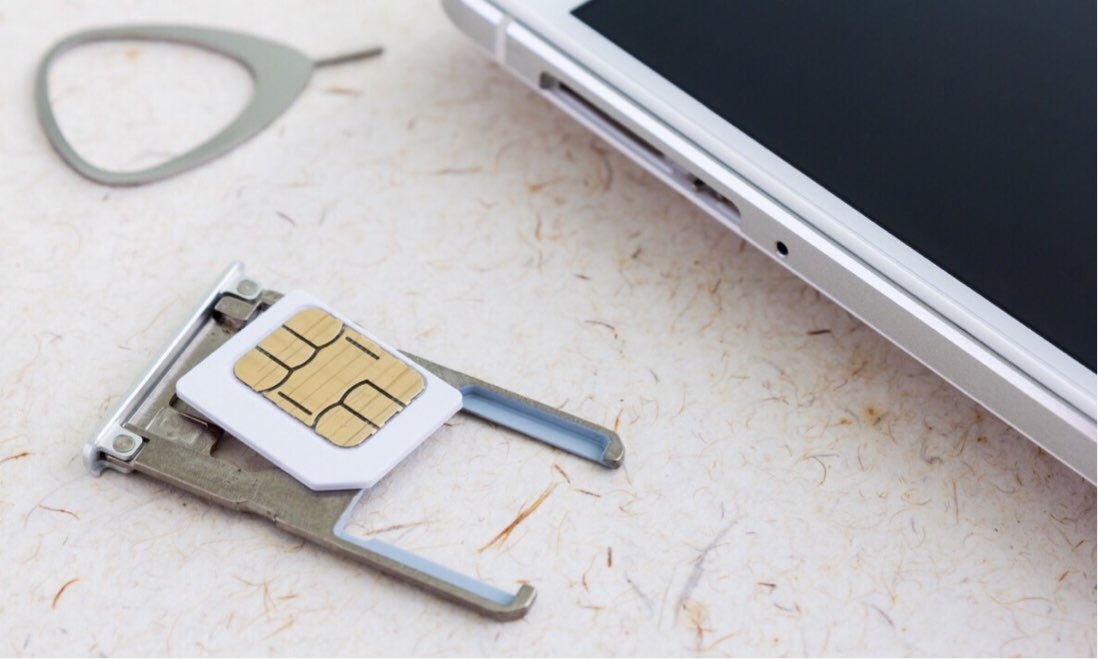
Could the SIM Card Become a Thing of the Past?
The little card that ties a single phone to a single network could be on the chopping block as the GSM Association works with Apple and Samsung on an update that could have broad support from mobile providers.
Last year, Apple quietly released a new product completely under the radar of just about everyone—including the phone companies.
It wasn’t even the marquee product on the menu. Inside of Apple’s iPad 2 and iPad Mini 3 was a reprogrammable “Apple SIM” card that could change its network essentially on the fly, no paper clips needed. The idea was embraced by consumers, but not so much by the mobile companies themselves. In the U.S., just T-Mobile and AT&T support the device.
But Apple’s failure to get everyone on board may set the stage for a long-term success story—with a little extra association help. According to the Financial Times [subscription], the GSM Association (GSMA), the group that works to standardize various mobile offerings, is working with both Apple and Samsung to launch a new electronic version of the SIM card that would take the little piece of plastic and silicon out of the equation entirely.
“With the majority of operators on board, the plan is to finalize the technical architecture that will be used in the development of an end-to-end remote SIM solution for consumer devices, with delivery anticipated by 2016,” the association told the newspaper.
Getting Everyone On Board
The approach, which was first announced in March, appears to have the benefit of wide telecom support. In a press release from earlier this year, executives from AT&T, Orange, Vodafone, Telefónica Group, and other high-profile mobile service providers spoke strongly in favor of creating electronic SIM cards that could easily be changed digitally.
“Currently there is no agreed industry solution for how consumers can remotely connect devices to a mobile network,” GSMA’s Chief Technology Officer Alex Sinclair said in the release. “This announcement demonstrates that the industry is unified in working to create a common and interoperable specification that will reduce market fragmentation and maintain the experience of connecting devices in the future.”
But while Apple and Samsung are reportedly backing the strategy, the iPhone maker has yet to sign a contract with GSMA. No matter the case, Apple would likely continue to use its proprietary Apple SIM even if it supported the technology.
“While we are optimistic, a formal agreement with them is still in progress,” GSMA emphasized in its comments to the Times.
But the progress made on the issue so far is nonetheless a huge success for departing GSMA chief executive Anne Bouverot, who made an electronic SIM standard a key issue during her reign. Already, the association has seen success in creating a standard for embedded SIMs for machine-to-machine communication.
“We have got everyone back on one point, with Apple and Samsung agreeing to be part of that specification,” Bouverot told the newspaper. “We have been working with them and others to create an industry solution for machines and will agree a solution for consumer electronics.”
(iStock/Thinkstock)






Comments